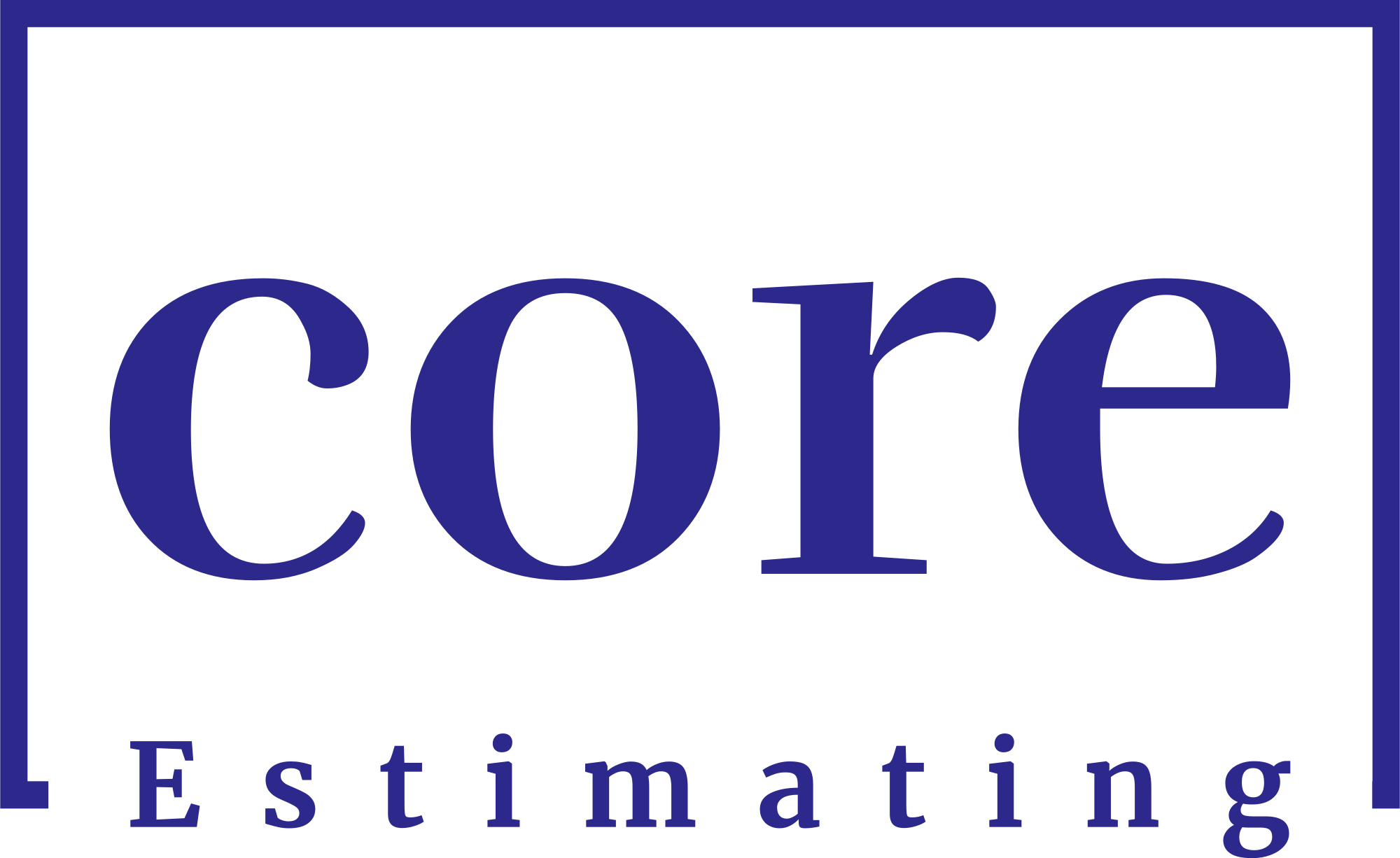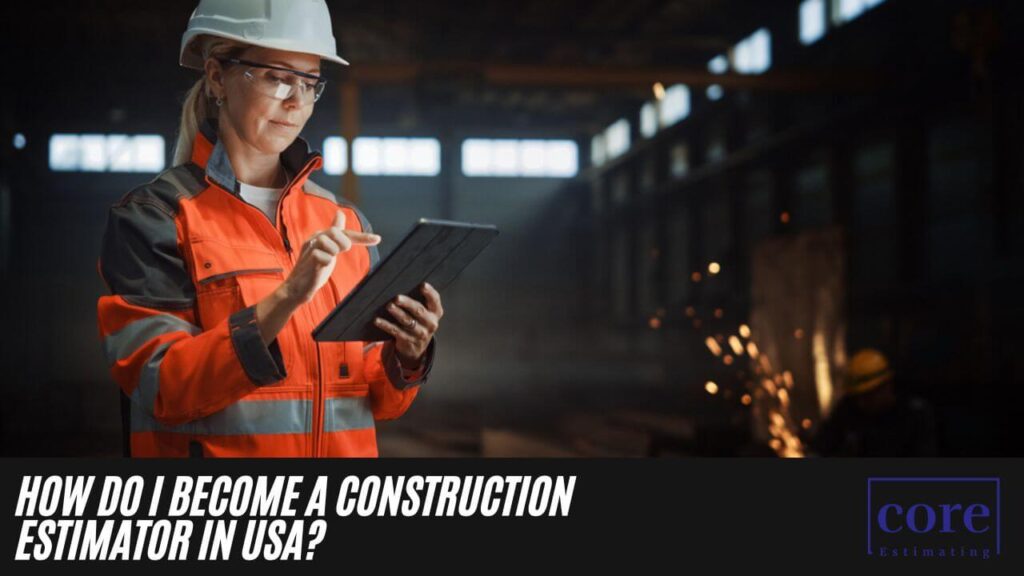Construction estimators play a vital role in the construction industry, as they are responsible for accurately assessing the costs and timelines of construction projects. If you have an eye for detail, a strong analytical mindset, and a passion for construction, becoming a construction estimator could be the perfect career path for you. In this article, we will guide you through the steps to become a successful construction estimator in the USA.
The construction industry is booming in the USA, and with the increasing demand for infrastructure projects, the need for skilled construction estimators is on the rise. Estimators are essential for construction companies as they help in budgeting, planning, and executing projects efficiently.

If you’re in need of construction estimate services, simply go to homepage or follow the links below:
| Services | Links |
|---|---|
| Detailing Services | Link |
| Building Information Modeling | Link |
| General Contractor | Link |
| Subcontractors | Link |
| MEP | Link |
What Does a Construction Estimator Do?
Construction estimators are responsible for calculating the anticipated costs of materials, labor, and equipment for a construction project. They analyze project requirements, review blueprints, and collaborate with various stakeholders to provide accurate estimates.
Skills and Qualifications Required
To excel as a construction estimator, certain skills and qualifications are crucial. Strong mathematical abilities, attention to detail, and proficiency in using technology are vital. Additionally, communication skills are essential, as estimators need to interact with clients, contractors, and team members.
1. Educational Background and Training
Relevant Degrees and Certifications
While a specific degree may not be mandatory, having a bachelor’s degree in construction management, civil engineering, or a related field can be advantageous. Moreover, certifications from reputable organizations, such as the American Society of Professional Estimators (ASPE) or the Construction Estimating Institute (CEI), can enhance your credibility as an estimator.
Gaining Hands-on Experience
Practical experience is highly valued in this profession. Consider internships or entry-level positions in construction companies to gain valuable insights and real-world experience.
2. Developing Technical Skills
Utilizing Estimation Software
In today’s digital age, construction estimators rely on advanced software to streamline the estimation process. Familiarize yourself with popular estimation tools like PlanSwift, Bluebeam Revu, or Clear Estimates.
Mastering Blueprint Reading
Blueprints serve as the foundation of estimation. Understanding construction blueprints is essential for accurate material takeoffs and cost analysis.
3. Familiarity with Construction Materials and Methods
Stay updated with the latest advancements in construction materials and methodologies. This knowledge will help you provide accurate estimates and innovative solutions to clients.
4. Interpersonal and Communication Skills
Collaborating with Teams
Estimators work in tandem with architects, engineers, project managers, and clients. Effective collaboration and teamwork are vital for successful project delivery.
Negotiating and Presenting Bids
Negotiation skills are essential during the bidding process. You must be able to justify your estimates and proposals to clients convincingly.
5. Building a Professional Network
Joining Industry Associations
Being part of professional associations like the ASPE or the Construction Management Association of America (CMAA) can expand your network and provide valuable industry insights.
Attending Conferences and Workshops
Participating in industry events and workshops will keep you informed about the latest trends and best practices.
6. Legal and Regulatory Knowledge
Understanding Building Codes and Permits
Estimators must be well-versed in local building codes, zoning regulations, and permitting processes.
Compliance with Safety Standards
Ensuring compliance with safety standards is crucial for the success of any construction project.
7. Estimating Project Costs and Timelines
Analyzing Data and Conducting Research
Accurate estimates require thorough research and data analysis. Utilize historical data and industry benchmarks to enhance your estimations.
Preparing Accurate Estimates
Creating detailed estimates that encompass all project elements will earn you the trust of clients and stakeholders.
8. Handling Challenges and Problem-Solving
Dealing with Uncertainties
Construction projects are subject to uncertainties, and estimators must be adept at handling unforeseen challenges.
Overcoming Budgetary Constraints
Creativity and resourcefulness are essential when dealing with tight budgets and financial limitations.
9. Staying Updated with Advancements in Technology
Implementing Building Information Modeling (BIM)
BIM technology facilitates collaboration and improves project visualization.
Utilizing Estimation Software and Tools
Stay up-to-date with the latest software and tools to improve efficiency and accuracy.
10. Gaining Professional Certifications
Benefits of Certifications
Certifications demonstrate your expertise and commitment to the profession.
Popular Certifications for Construction Estimators
Consider obtaining certifications such as Certified Professional Estimator (CPE) or Certified Construction Manager (CCM).
11. Finding Employment Opportunities
Job Search Strategies
Leverage online job portals, company websites, and networking platforms to find suitable job openings.
Preparing a Standout Resume
Craft a well-structured resume that highlights your skills, experience, and certifications.
12. Nailing the Interview
Common Interview Questions
Prepare for common interview questions related to construction estimation.
Showcasing Your Expertise
Use the interview as an opportunity to demonstrate your problem-solving abilities and knowledge.
13. Advancing Your Career as a Construction Estimator
Seeking Leadership Roles
With experience, you can aim for leadership positions within the estimation department.
Continuing Education and Skill Development
Never stop learning. Engage in continuous education and professional development to stay ahead in the industry.
Conclusion
Becoming a construction estimator in the USA requires a combination of education, practical experience, technical skills, and excellent communication. By following the outlined steps and continually striving for improvement, you can build a successful career in this rewarding field.






